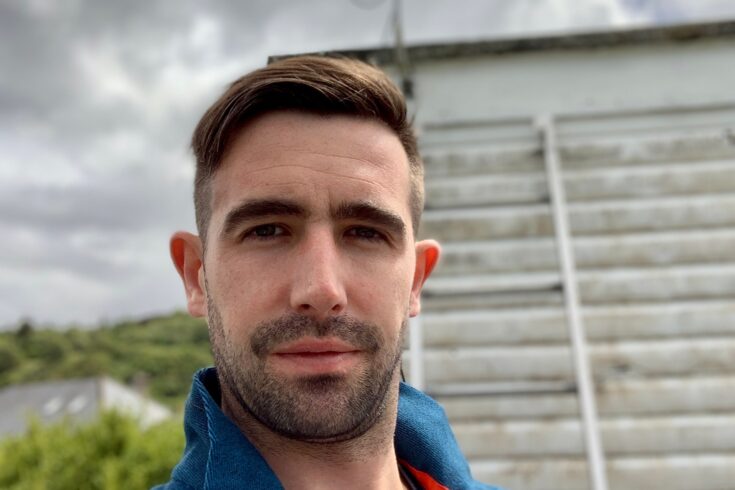Richard Dale is an IT Support Analyst at the Scottish Association for Marine Science (SAMS). As well as providing invaluable day-to-day support for audio-visual kit, computers and other systems at SAMS, Richard’s role also acts a bridge between the association’s marine researchers and the latest technology.
Richard says:
I’ve always said that IT is not about dealing with computers, it’s about dealing with people. So, my job is about engaging with our researchers and helping them get the best from technology. It can range from a bit of help with some office software, all the way up to custom built systems and solutions.
Technology can improve the speed, accuracy and efficiency of research, says Richard, so it’s important to understand how it can be incorporated into projects.
Innovations in technology are constant, so it’s hard for researchers to keep on top of the emergent technologies that may help their research. It’s my job to come up with solutions they might not even know about and make it a reality.
After leaving school at 18, Richard started work in media then customer services. He made the move to IT by volunteering for a small tech firm to gain experience, before making the leap full time when he was offered the post at SAMS.
Working in IT in the research community is different to what you’d expect in an office environment. The projects we work on are more diverse.
Recently, I’ve built the system to capture images of an endangered skate egg hatching – I believe it’s the first time that’s ever been done.
And the strangest request we’ve had is to create an interactive digital display in a wheelie bin to take to field events helping to educate on plastic waste!
Richard’s childhood hobby of flying remote-controlled planes has also been utilised in his current role as he leads a team piloting drones for SAMS.
Remotely piloted aerial vehicles are an important research tool but they come with a lot of paperwork, too, so I make sure that’s all in place, as well as train the pilots.
We’ve started to build a reputation in this area and other organisations come to us for advice. It also means I’m able to get out in the field, which I love, and isn’t the case for a lot of people in IT.
Last updated: 3 August 2021

